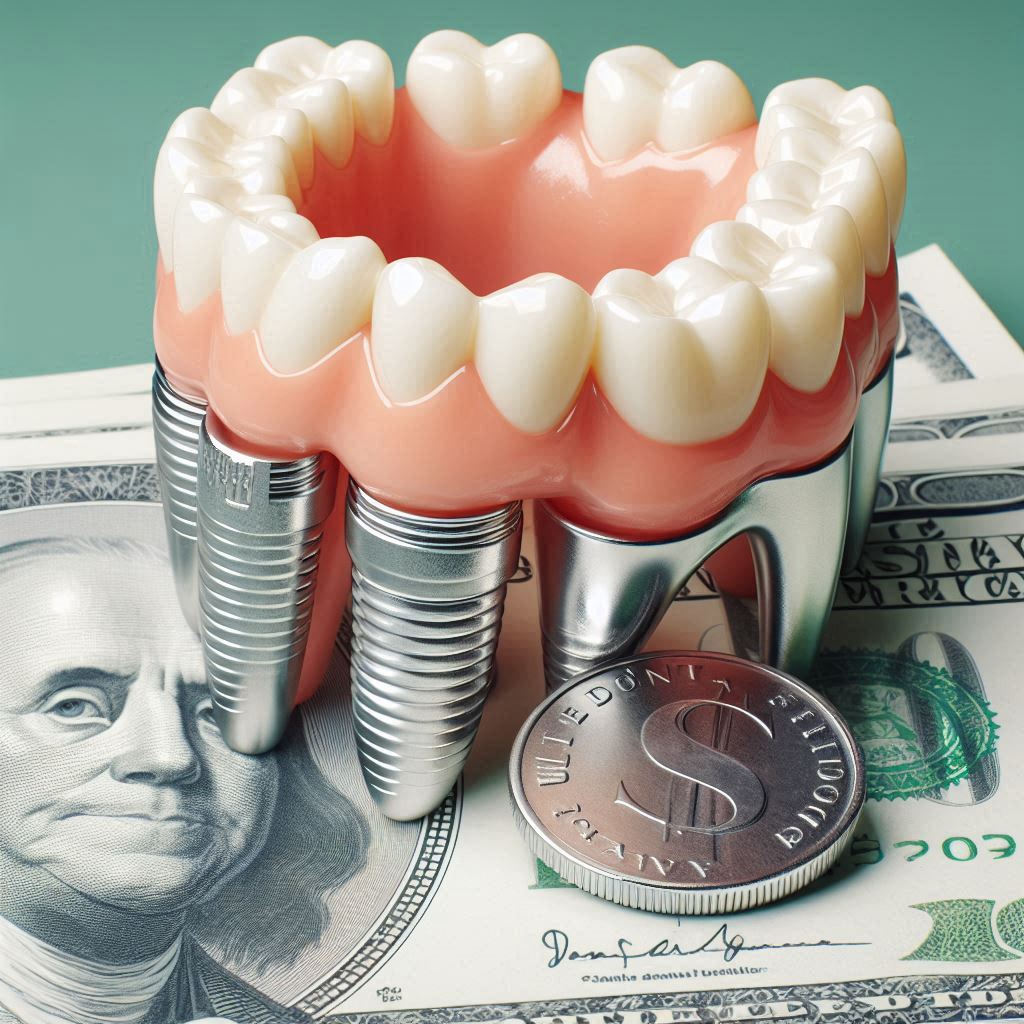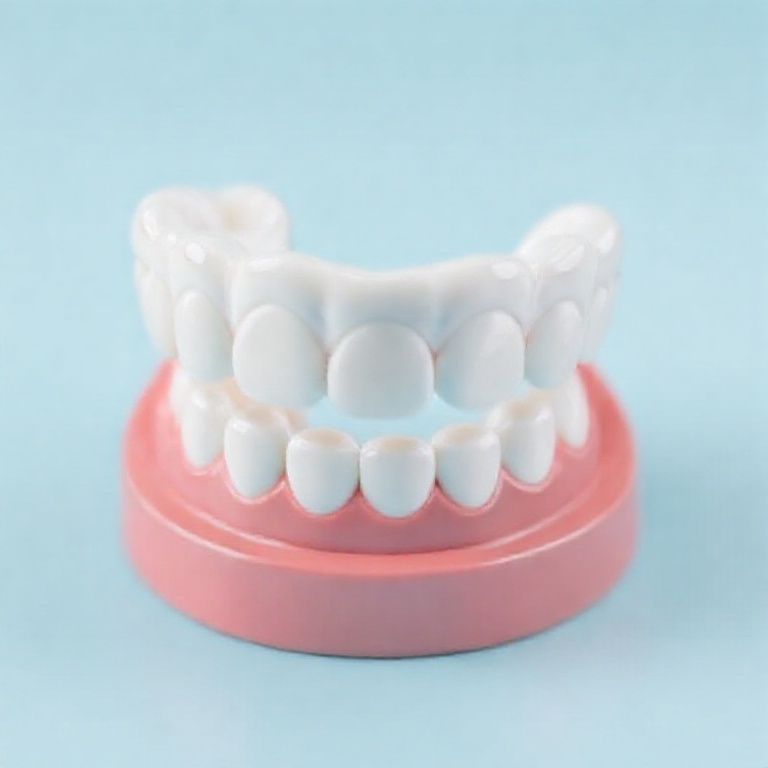removable dental bridge price range
Missing teeth can affect your confidence, speech, and ability to chew properly. Fortunately, removable dental bridges offer an affordable and non-invasive solution to restore your smile. But how much should you expect to pay?
This comprehensive guide explores the price ranges of removable dental bridges, breaking down costs by type, material, and location. Whether you’re considering a temporary flipper or a high-end flexible partial denture, we’ll help you make an informed decision while staying within budget.

2. What Is a Removable Dental Bridge?
A removable dental bridge (also called a removable partial denture) is a prosthetic device that replaces one or more missing teeth. Unlike fixed bridges or implants, these can be taken out for cleaning and sleeping. They consist of false teeth attached to a gum-colored base, secured with metal or plastic clasps around existing teeth.
3. Types of Removable Dental Bridges
A. Partial Dentures (Acrylic and Metal Framework)
- Acrylic Partial Dentures: Lightweight and affordable but less durable.
- Cast Metal Partial Dentures: Stronger, more stable, and longer-lasting.
B. Flipper Teeth (Temporary Removable Bridges)
- Made of acrylic, flippers are a budget-friendly short-term solution.
- Often used while waiting for a permanent restoration.
C. Flexible Partial Dentures (Valplast, Thermoplastics)
- No metal clasps, providing a more natural look.
- Comfortable but more expensive than traditional options.
4. Average Price Range of Removable Dental Bridges
Cost Breakdown by Type
| Type of Removable Bridge | Average Cost (Per Arch) |
|---|---|
| Acrylic Partial Denture | $300 – $1,500 |
| Cast Metal Partial Denture | $800 – $2,500 |
| Flipper Tooth (Temporary) | $200 – $600 |
| Flexible Partial Denture | $1,000 – $3,000 |
Geographic Price Variations
- USA: $500 – $3,000
- UK: £300 – £2,500
- India: ₹10,000 – ₹50,000
- Australia: AUD 800 – AUD 4,000
Insurance and Financing
- Many dental plans cover 50-80% of the cost.
- Payment plans and discount dental programs can help reduce out-of-pocket expenses.
5. Factors Influencing the Cost
- Material: Metal frameworks cost more than acrylic.
- Number of Teeth: More missing teeth = higher cost.
- Dentist’s Experience: Specialists may charge more.
- Lab Fees: Custom-made bridges can be pricier.
6. Pros and Cons
✅ Pros:
- Non-surgical
- Adjustable and repairable
- Lower upfront cost than implants
❌ Cons:
- Less stable than fixed options
- Requires regular maintenance
- May affect speech initially
7. How to Choose the Right Bridge
- Consult a dentist for personalized recommendations.
- Consider longevity vs. budget.
- Check patient reviews before selecting a provider.
8. Maintenance and Care Tips
- Clean daily with a denture brush.
- Soak overnight in a denture solution.
- Avoid hard or sticky foods to prevent damage.
9. Alternatives to Removable Bridges
- Dental Implants ($1,500 – $6,000 per tooth)
- Fixed Bridges ($1,000 – $5,000)
- Snap-In Dentures ($5,000 – $15,000)
10. Frequently Asked Questions (FAQs)
Q1: How long do removable dental bridges last?
A: Typically 5-8 years, depending on care and material.
Q2: Can I sleep with my removable bridge?
A: No, remove it at night to prevent gum irritation.
Q3: Does insurance cover removable bridges?
A: Many plans offer partial coverage—check with your provider.
11. Conclusion
Removable dental bridges provide an affordable, non-surgical way to replace missing teeth. Prices range from $200 to $3,000, depending on materials and location. By understanding your options and consulting a dentist, you can choose the best solution for your smile and budget.
12. Additional Resources
- American Dental Association (ADA) Guide to Dentures
- Consumer Guide to Dentistry: Cost of Dental Bridges


